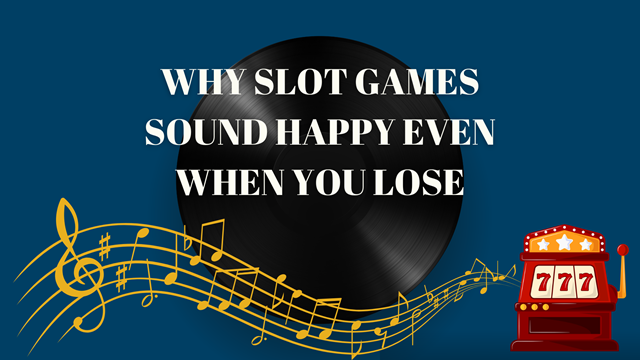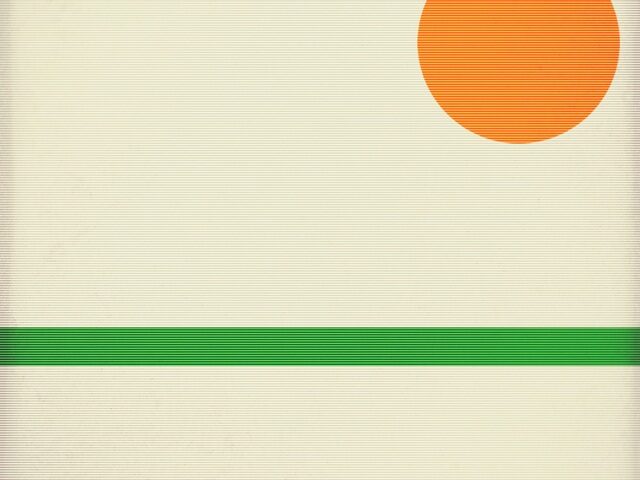
If you’re an artist finding it increasingly difficult to make time for your creative endeavors, the issue might be that you’re having trouble hanging your time correctly. Many artists like to embrace the chaotic nature of waiting for the muse to strike, but that’s usually only a viable technique if you’re someone who has endless time on their hands and can afford to do that.
Most of us have to make do with the restrictions of our day jobs and frequently force our creative brains to think creative thoughts when we need them to. If you fall into this category, here are some helpful tips you can try to make sure you’re getting the most out of your day to focus on your creative goals.
Pencil In Specific Times For Creative Projects
If you don’t have a designated space at work or in your home where you can focus on your art, this may be an excellent place to start. Then, set up a specific time during the day, whether it’s early before work or when you get home, to specifically work on your projects. This will train you to become accustomed to being creative in that time, sort of like setting up your work schedule if your job is remote. It’s all about self-discipline. Discover more about time management and how it can play a role in your mental well-being here.
Use Your Breaks From Your Day Job
Not everyone works best during extended periods, and some artists function best in short spurts of creativity. If you’re one of these people and have a day job, you may want to consider dedicating your lunch or 15-minute breaks to your art. This is a painless way to be productive, even if it’s writing down ideas on your phone or sketching out a more extensive piece on a notepad.
Utilize Creative Shortcuts
This may be blasphemous to some artists, but creative shortcuts are an excellent way to save time when you’re trying to crank out a piece of art. Whether that’s tracing a basic design that will be part of a more complex project, or using templates and patterns, using a shortcut is a way you can work smarter, not harder.
Be Organized
You may want to give in to and romanticize the stereotype that artists are just messy and everyone should deal with it. But from a business perspective, is that really the best move? If you’re someone who hopes to one day make a lucrative career out of art or at least supports yourself, make sure you’re being organized. If you work digitally, save regularly and create backups of your files. If it’s more hands-on work, keep physical archives of your past projects, or create designated spaces for your materials.
Plan Your Project Before Execution
If your art is on the technical side and requires a lot of steps, such as sculpture or graphic design, it’s probably in your best interest to be thorough in planning out your project before you dive in to complete it. This is especially important if you do art as a side hustle and need to meet clients’ deadlines.
Share Your Creative Ideas With Others
Sometimes when we’re in a creative rut, artists will tend to obsess over what they’re not getting right instead of opening up their art to the observations and critiques of their peers. If you feel your progress has gone stagnant on a piece of work, try getting a second, third, or fourth pair of eyes on it. You may be surprised that the solution you were looking for has been right under your nose the entire time.
Get Plenty Of Rest
The rewards of a creative endeavor will not be as fruitful if you don’t give yourself time to rest. This is because we’re more likely to experience burnout and thus produce less-quality work than we would if we took the time to nurture our bodies in between progress. It also gives you time to think about how you can do things differently or appreciate how far you’ve come. Take a break!





